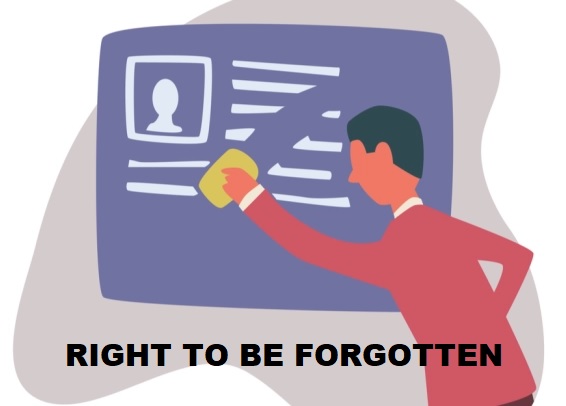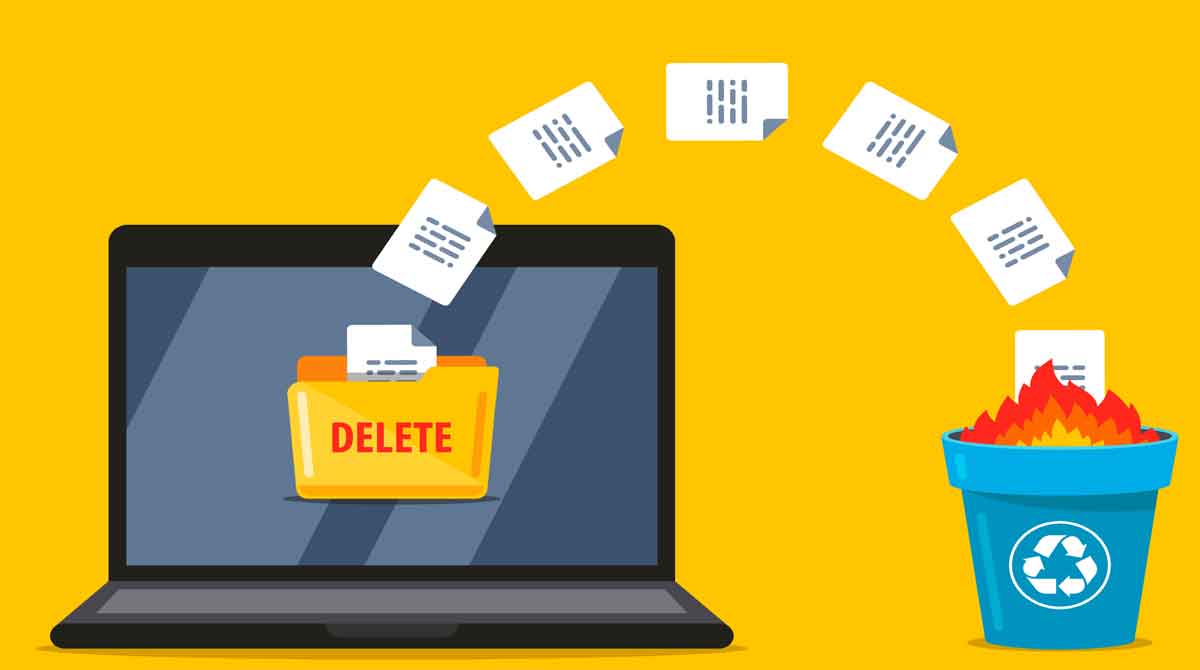A petitioner seeking to exercise his ‘right to be forgotten’ was recently given relief by the Delhi high court (RTBF). The petitioner, who had previously been acquitted in a drugs case, had petitioned the high court to have his acquittal ruling removed from internet sites.
The court’s ruling becomes significant by removing it from internet platforms in order to safeguard an individual’s right to privacy while also balancing it with the public’s right to information and the necessity for judicial records to be transparent.
The Right To Be Forgotten :-

- The “right to be forgotten” refers to the right to have publicly accessible personal information erased from the internet, search engines, databases, websites, and other public platforms once it is no longer essential or relevant.
- Following the Court of Justice of the European Union’s (“CJEU”) judgment in the Google Spain case in 2014, RTBF acquired value.
- The right to be forgotten (RTBF) has been recognized as a statutory right in the European Union under the General Data Protection Regulation (GDPR), and has been affirmed by a number of courts in the United Kingdom and Europe.
- However, there is no such law in India.
- The Personal Data Protection Bill of 2019 did, however, recognize this right.
Google Spain Case :-The CJEU found in favour of a Spanish person who had requested that Google erase two links to newspaper stories about him in this instance. ▪ It was decided that personal information that was judged to be insufficient, irrelevant, or excessive in connection to the processing aims should be deleted, even if it had been published legitimately.
RTBF in India & Need :-

- RTBF does not yet have statutory backing in India. The Supreme Court, on the other hand, concluded in the Puttaswamy case that the right to privacy is a fundamental right.
- The Supreme Court stated in the Puttaswamy decision that an individual’s “right to exercise control over his personal data and to be able to regulate his or her own life would equally embrace his or her right to control his or her presence on the Internet.
- ” Many High Courts have now explicitly recognised the right to be forgotten in their rulings, citing international precedent on the subject.
- At a time when the judiciary is entering Phase III of its ambitious eCourts project, rights such as RTBF will have to be coded into any technology solution that is developed for judicial data storage and management.
- With deeper integration of technology and the digitisation of data, a simple Google search can yield a plethora of information about an individual, which may harm a person’s reputation and dignity guaranteed under Article 21 of the constitution.
Challenges Associated With Right to Be Forgotten :-
- Legal Issue: The right to be forgotten may clash with issues surrounding public records.
- For example, according to Section 74 of the Indian Evidence Act, 1872, judgements have always been recognised as public documents and fall under the concept of a public document.
- According to a report by the Vidhi Centre for Legal Policy, the Right to Access Official Public Documents (RTBF) cannot be extended to official public records, particularly court records, because this would weaken public trust in the judicial system in the long term.
- Information in the Public Domain is Like Toothpaste: Once toothpaste has been removed from the tube, it cannot be replaced, and once information has been placed in the public domain, it cannot be removed in the digital era.
- Individual vs. Society: The right to be forgotten creates a conflict between individuals’ right to privacy and society’s right to knowledge and press freedom.
Way Forward :-

- Making Privacy a Reasonable Limitation: A substantial revision to the Constitution is required to add privacy as a criterion for reasonable restriction under Article 19 (2) in order to effectuate the right to be forgotten.
- Balancing Privacy and Information: A framework is needed, and the right to be forgotten can be limited. For instance:
- In exercising the right to freedom of expression and information;
- Compliance with legal obligations; o The performance of a task carried out in the public interest, such as public health;
- Archiving purposes in the public interest;
- Scientific or historical research or statistical purposes; or The establishment, exercise, or defence of legal claims.
Conclusion :-
Given that the Personal Data Protection Bill 2019 has already been introduced in parliament, a thorough discussion is required. So as to avoid a conflict between the two essential rights that make up the Indian constitution’s golden trinity (Articles 14, 19, and 21).

